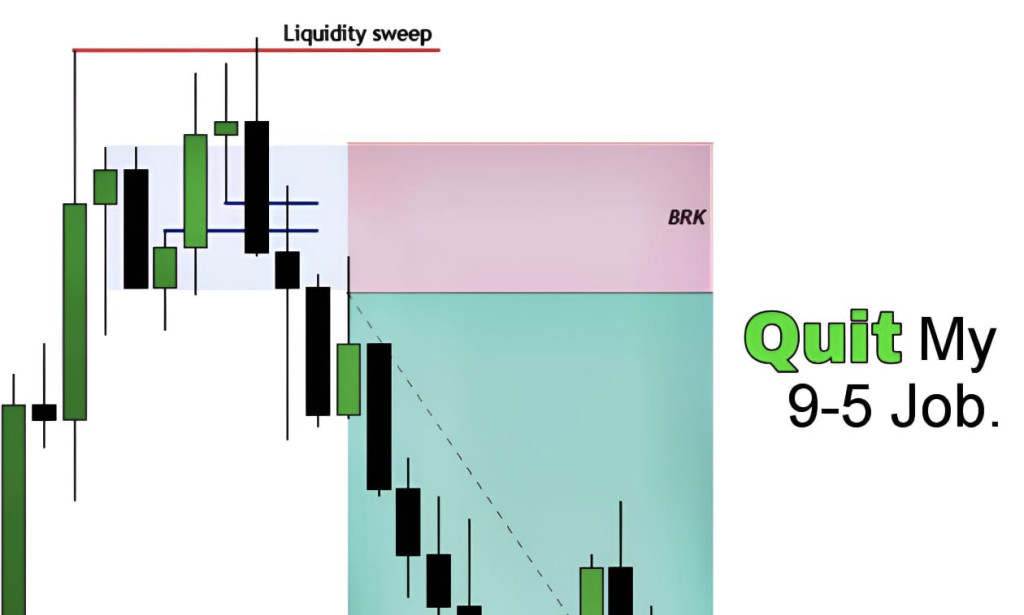What is Forex Trading? Forex trading involves the exchange of one currency for another, taking place in a global marketplace where currencies are bought and sold. This market is the largest in the world, with a daily trading volume exceeding $6 trillion. The decentralized nature of forex allows traders to participate from anywhere in the world, around the clock, five days a week.
Key Concepts in Forex Trading
- Currency Pairs: The basic units of forex trading. Major pairs, such as EUR/USD and USD/JPY, represent the most traded pairs, while exotic pairs might involve less common currencies, presenting both higher risks and rewards.
- Pips and Spreads: A "pip" measures the price movement, typically the smallest change in the exchange rate. The spread is the difference between the bid and ask prices, which influences transaction costs.
- Leverage: One of the unique aspects of forex, leverage allows traders to control larger positions with smaller amounts of capital. While this can amplify gains, it also increases the risk of significant losses.
Trading Strategies for Beginners and Pros
- Trend Following: A strategy that involves identifying and trading in the direction of the prevailing market trend. Tools like moving averages and trend lines can help identify these trends.
- Range Trading: This involves trading within a defined range, using support and resistance levels as guides. This strategy works best in markets that lack clear direction.
- Breakout Trading: Traders watch for price movements breaking through significant support or resistance levels, indicating potential large price swings.
- Scalping: A high-frequency trading strategy involving multiple trades to capture small price movements. This approach requires discipline and quick decision-making.
Risk Management in Forex Trading Risk management is crucial to long-term success in forex trading. Without it, even the most effective trading strategies can result in substantial losses. Here are some proven risk management practices:
- Position Sizing: Limiting the size of individual trades helps prevent overexposure.
- Stop-Loss Orders: These automatically close a trade when a set loss level is reached, limiting potential downside.
- Diversification: Avoid placing all trades on one currency pair to spread risk across various market conditions.
- Risk-to-Reward Ratio: Maintaining a favorable ratio (e.g., 1:2 or higher) ensures that potential profits exceed potential losses.
Common Pitfalls to Avoid
- Overtrading: Excessive trading driven by emotions, greed, or the urge to recoup losses often leads to poor decisions and significant losses.
- Ignoring News and Economic Indicators: Market sentiment is heavily influenced by geopolitical events, economic reports, and central bank decisions. Traders who disregard these factors may be blindsided by sudden market movements.
- Relying Solely on High Leverage: While leverage can magnify gains, traders should use it cautiously to avoid the risk of wiping out their accounts.
Steps to Get Started with Forex Trading
- Educate Yourself: Take courses, read trading books, and follow market news to build a solid foundation.
- Choose a Reputable Broker: Ensure the broker is regulated by credible authorities like the Financial Conduct Authority (FCA) or the U.S. Commodity Futures Trading Commission (CFTC).
- Create a Trading Plan: Include entry and exit strategies, risk management rules, and goals tailored to your financial situation.
- Practice on a Demo Account: Hone your skills without the pressure of real money by trading on a demo account.
- Transition to a Live Account: Start with small amounts and gradually increase your investment as you become more confident.
The Psychological Side of Trading Emotions play a significant role in trading outcomes. Traders often struggle with fear, greed, and impatience, which can cloud judgment and lead to poor decisions. Maintaining emotional discipline and sticking to a trading plan is crucial to minimizing these psychological barriers. Mindfulness techniques and taking breaks can help traders maintain composure, especially during high-stress situations.
Conclusion Forex trading offers immense potential for profit, but it comes with its share of risks and challenges. By employing sound trading strategies, practicing proper risk management, and remaining disciplined, traders can improve their chances of long-term success. Whether you're a novice or an experienced trader, continual learning and adaptation to market conditions are the keys to thriving in this dynamic field.


This trade is appropriate for us as it offers profit
I'd like to learn forex . Can you help?
lesson for forex
You must be logged in to post a comment.